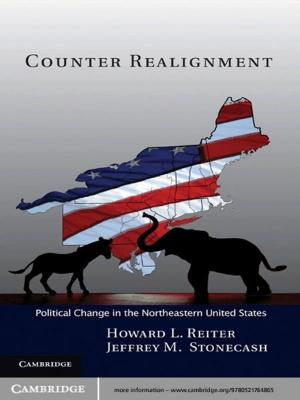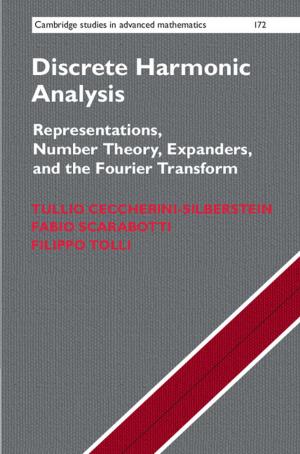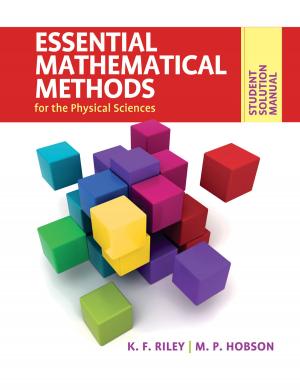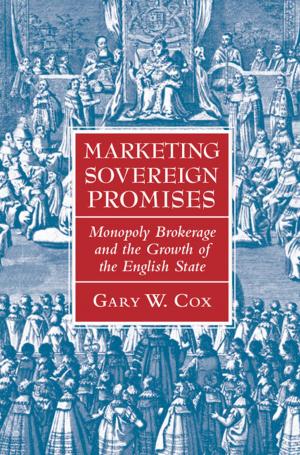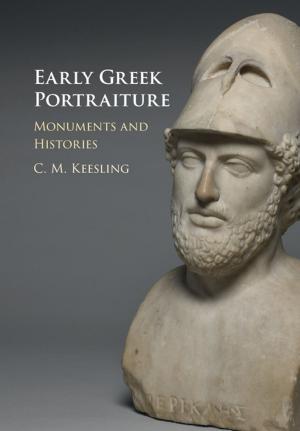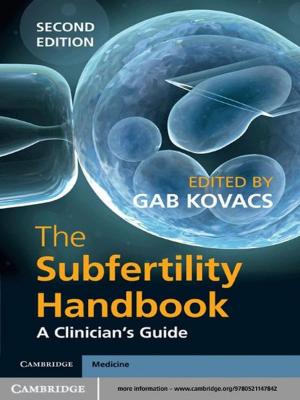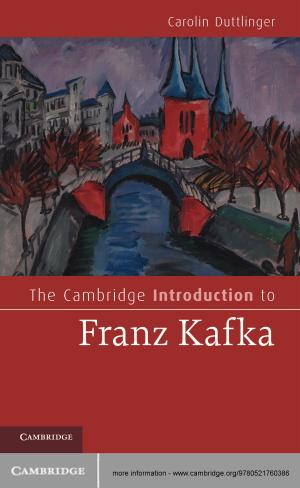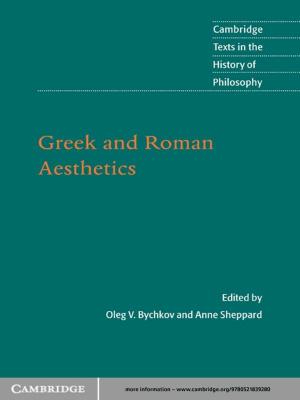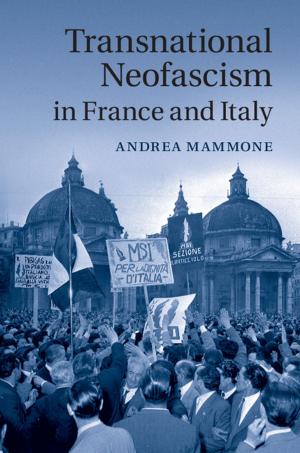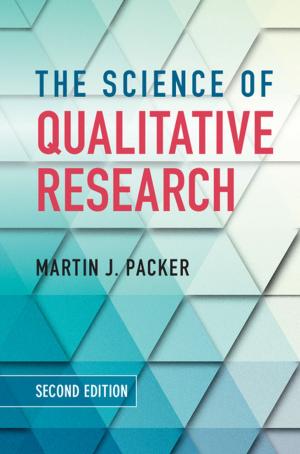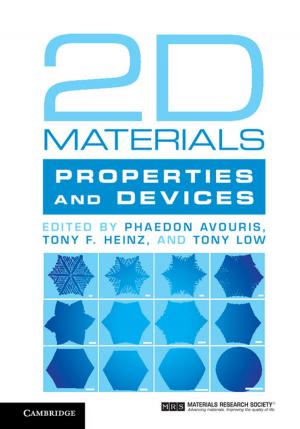The Cambridge Companion to Andrew Marvell
Fiction & Literature, Literary Theory & Criticism, Ancient & Classical, British| Author: | ISBN: | 9781139801737 | |
| Publisher: | Cambridge University Press | Publication: | December 23, 2010 |
| Imprint: | Cambridge University Press | Language: | English |
| Author: | |
| ISBN: | 9781139801737 |
| Publisher: | Cambridge University Press |
| Publication: | December 23, 2010 |
| Imprint: | Cambridge University Press |
| Language: | English |
Andrew Marvell is one of the greatest English lyric poets of the seventeenth century and one of its leading polemicists. This Companion brings a set of fresh questions and perspectives to bear on the varied career and diverse writings of a remarkable writer and elusive man. Drawing on important new editions of Marvell's poetry and of his prose, scholars of both history and literature examine Marvell's work in the contexts of Restoration politics and religion, and of the seventeenth-century publishing world in both manuscript and print. The essays, individually and collectively, address Marvell within his literary and cultural traditions and communities; his almost prescient sense of the economy and ecology of the country; his interest in visual arts and architecture; his opaque political and spiritual identities; his manners in controversy and polemic; the character of his erotic and transgressive imagination and his biography, still full of intriguing gaps.
Andrew Marvell is one of the greatest English lyric poets of the seventeenth century and one of its leading polemicists. This Companion brings a set of fresh questions and perspectives to bear on the varied career and diverse writings of a remarkable writer and elusive man. Drawing on important new editions of Marvell's poetry and of his prose, scholars of both history and literature examine Marvell's work in the contexts of Restoration politics and religion, and of the seventeenth-century publishing world in both manuscript and print. The essays, individually and collectively, address Marvell within his literary and cultural traditions and communities; his almost prescient sense of the economy and ecology of the country; his interest in visual arts and architecture; his opaque political and spiritual identities; his manners in controversy and polemic; the character of his erotic and transgressive imagination and his biography, still full of intriguing gaps.


